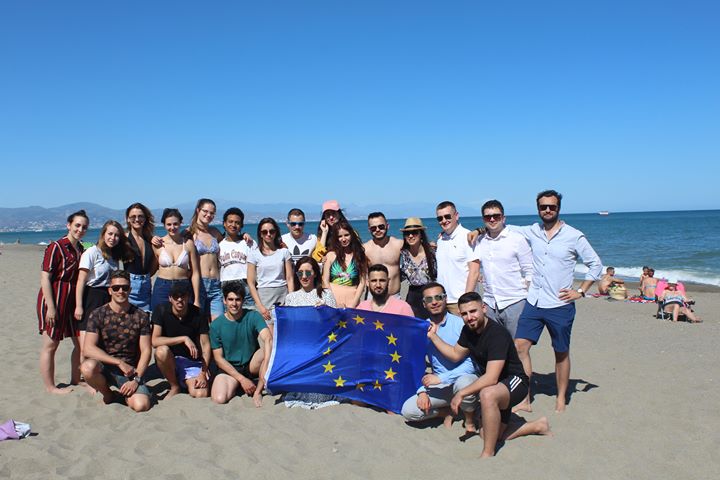According to European islamophobia report (EIR) 2017, there is an evolution of Islamophobic developments and incidents in European countries. Although most European countries deny the existence of Islamophobia, anti-Islam and anti-Muslim sentiment, the report demonstrates that racism and hate crimes against Muslims became widespread and began to normalize throughout Europe. In 2017, some 546 anti-Muslim attacks took place in Spain. Hate crimes against Muslims and attacks on mosques almost doubled in London. In Poland alone 664 hate crimes were committed from January to October 2017. Fourteen percent of all Muslims in Norway were subjected to verbal or physical attacks and 25% of all Muslims living in Malta were harassed. Just in Germany, the largest and most important European county, almost 1,000 attacks were committed against Muslims and there were more than 100 attacks on mosques. 60% of Muslim teachers think that they are subjected to discrimination.
At increasing Islamophobia in Europe contributed massively the latest years’ terrorist attacks and the current migration context in Europe. As are stigmatising and racist discourses, representing Muslims as the “enemy from within” who needs to be controlled and policed, and as threats to “European values” and the “European way of life”, which in practice actually only mean that diversity is not welcome in Europe. Instigating fear, prejudice and suspicion in the European population’s hearts and minds will only lead to further insecurity and violence, instead of creating resilient and trustful communities that can work together for a better future for all.
From the other side, all this anti-Islam sentiment in Europe contribute in planting the seeds for radicalization among young Muslims and essentially helping terrorist organisations recruit by fuelling the narrative that Europe is anti-Islam. In fact, always more often, young Muslims feel disenfranchised and discriminated and when they see other Europeans applauding these anti-Muslim sentiments, they receive the message that being Muslim is something to be ashamed of.
Thus, the main aim of the project, “Islam is not the enemy”, was to equip youth workers with the skills and knowledge necessary to develop practical tools for combating Islamophobia and counteract the spread of negative ideas about Islam and Muslims.
The project counted on 24 participants and the methodology was based on non-formal education (NFE) methods, valorising the knowledge and experiences of the participants. Methods included inputs, working groups, exercises, debriefing, reflection groups and common session to initiate the day with a strong energetic element.
The project had direct, positive effects on the different participants as they acquired more specialized knowledge on Islamophobia, transversal competences, perception of self-esteem but also they were aware of the challenges that anti-Muslim rhetoric pose to the coexistence of different cultures throughout Europe. In addition, through the exchange of good practices for youth workers there was concrete opportunities of intercultural contact as well as upskilling professional competences, adding comparative assessment and rating of the results, the perception of a professional growth and greater social recognition of the training and educational mission by stakeholders.
At long term, youth workers benefited from educational content to improve their knowledge and skills for tackling Islamophobia through social awareness campaign, counterarguments to the spread negative ideas about Islam and all stereotypes that affect Muslims in Europe. It was necessary to identify young people who would be able to get involved in the future in order to be part of the voluntary team, to bring new idea and to be multipliers in their local community.

